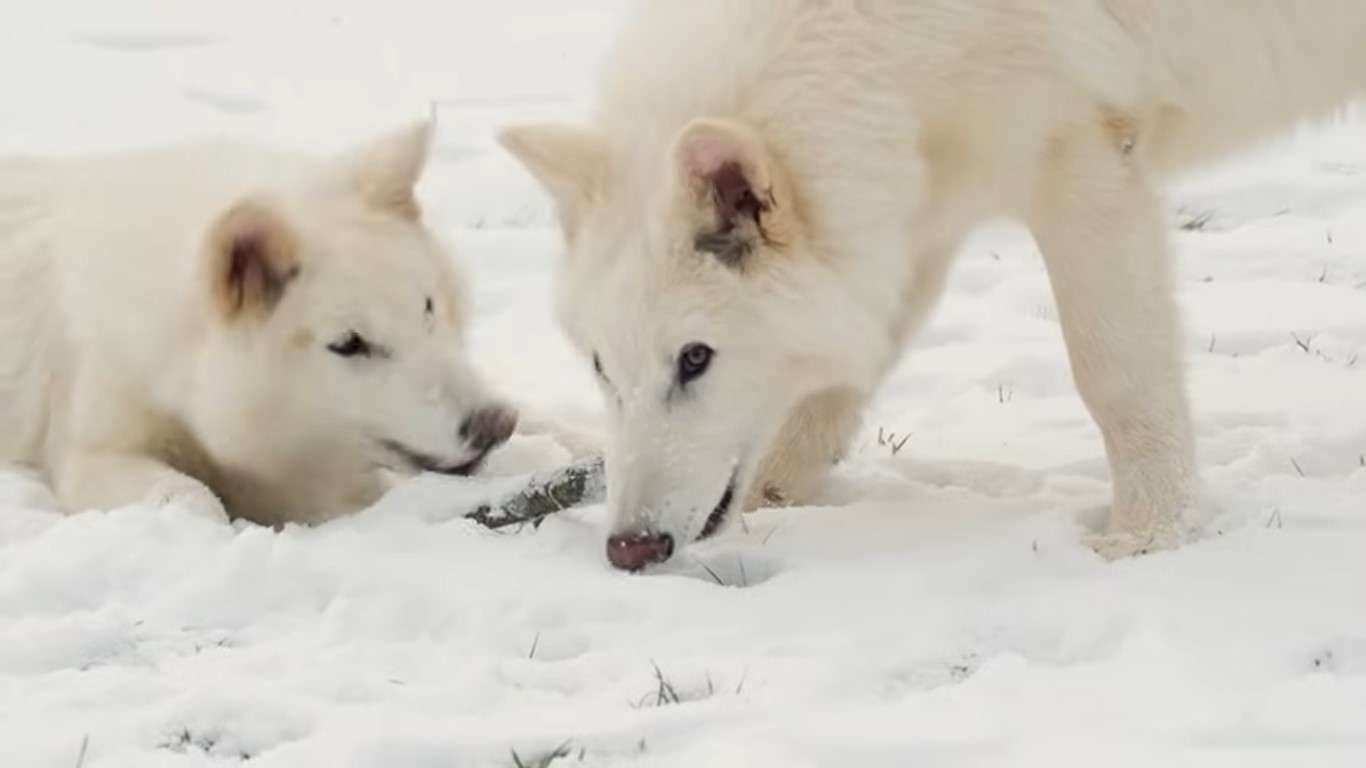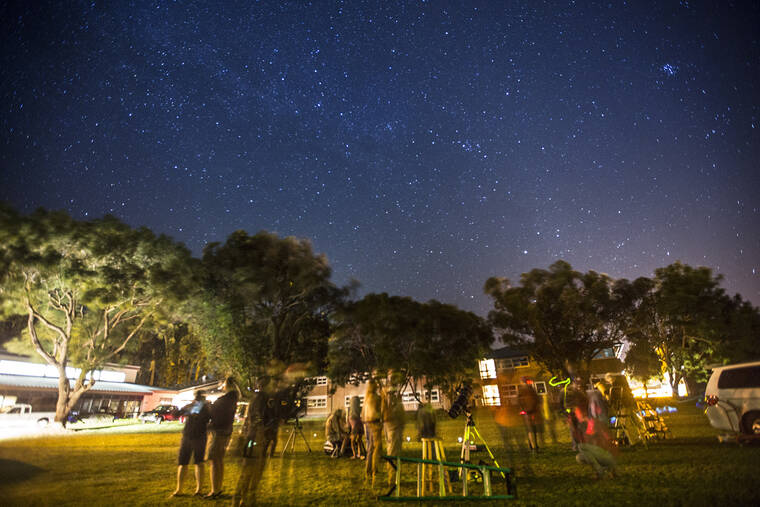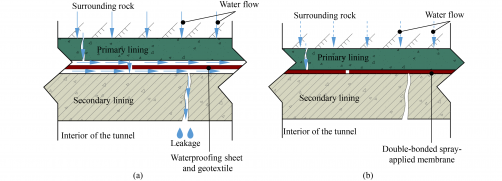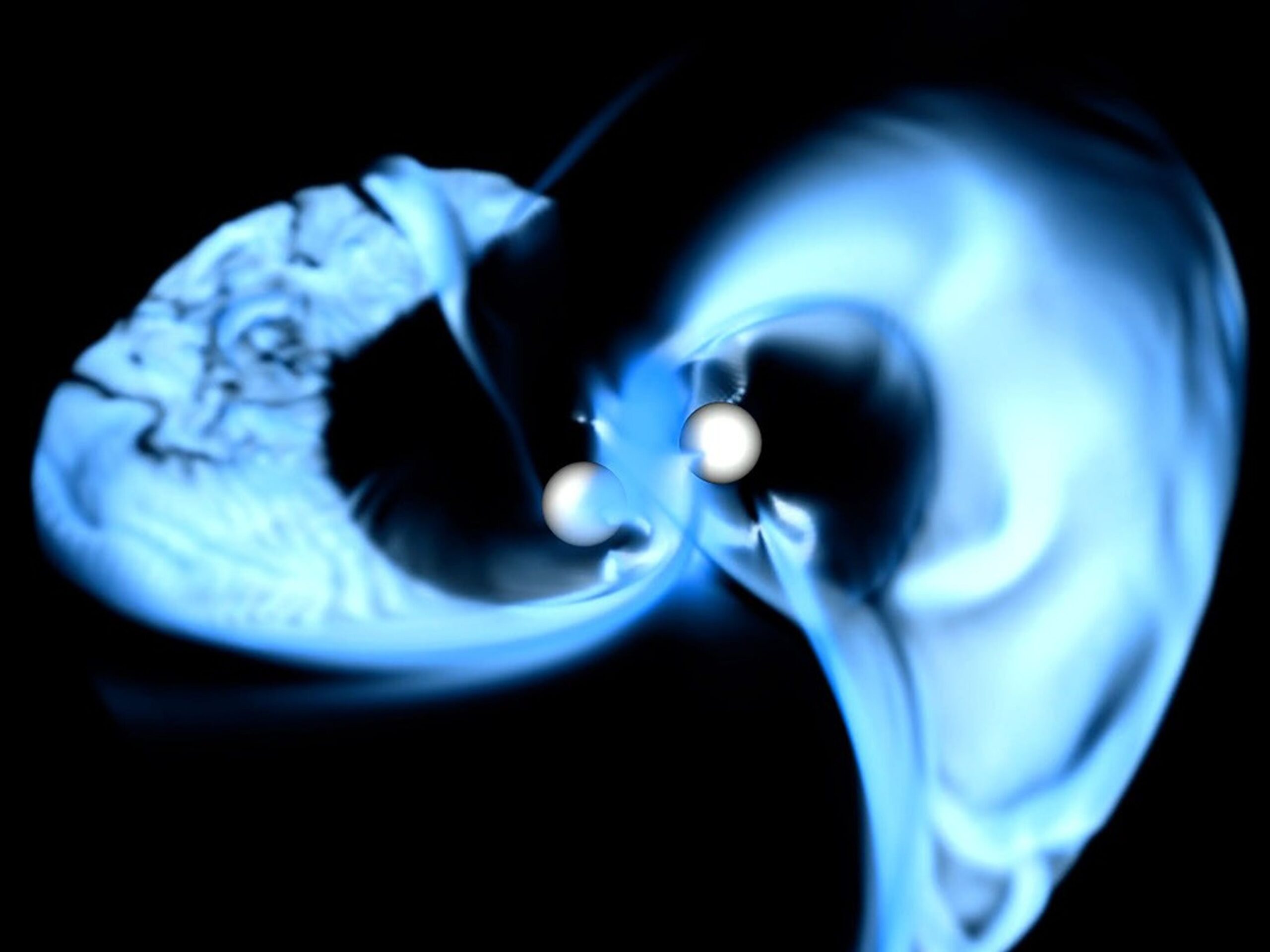Colossal Biosciences, a biotechnology company based in Dallas, has announced its acquisition of ViaGen Pets & Equine, a Texas firm specializing in animal cloning and genetic preservation. This marks a significant step for Colossal, known for its ambitious projects aiming to resurrect extinct species such as the woolly mammoth and the dodo bird. The acquisition, confirmed by reputable sources including Business Wire and The Austin American-Statesman, enhances Colossal’s technical and commercial capabilities while allowing ViaGen to continue operating under its current leadership.
In a statement, Ben Lamm, co-founder and CEO of Colossal, emphasized the strategic importance of the acquisition, stating, “ViaGen’s expertise in cloning and genome preservation accelerates our mission to restore lost biodiversity.” He highlighted the potential for collaboration to advance de-extinction science and broaden applications in conservation and animal health.
Growth and Future Prospects
Colossal has experienced rapid growth in recent years. Earlier this year, the company secured $200 million in Series C funding, valuing it at approximately $10.2 billion. Following this, an additional funding round of $120 million was announced in September, bringing the total funding to over $550 million. The latest investments are directed towards avian genomics and efforts to revive the dodo bird.
Currently, Colossal is leading three high-profile projects: the revival of the woolly mammoth through cold-resistant Asian elephants, the restoration of the extinct Tasmanian tiger (thylacine), and the genetic reconstruction of the dodo. The company recently reported the successful creation of genetically engineered “woolly mice,” which exhibit mammoth-like traits and serve as a proof-of-concept for future mammoth embryos. Additionally, it celebrated the first birthday of two canids, named Romulus and Remus, engineered to express features of the extinct dire wolf.
The acquisition of ViaGen allows Colossal to expand its reach into commercial animal genetics. ViaGen has provided cloning services for pets, horses, and endangered species for over two decades, operating under both U.S. and international regulatory oversight. Analysts suggest that this move enables Colossal to diversify its revenue beyond de-extinction research. An industry observer noted, “Pet cloning is already a functioning market. It gives Colossal a revenue stream and access to real-world cloning infrastructure.”
Controversies and Ethical Considerations
Colossal’s innovative work has not been without controversy. Critics argue that creating hybrid analogues of extinct species, as opposed to genetically identical replicas, raises fundamental questions about the nature of true “de-extinction.” One evolutionary biologist expressed skepticism, stating, “You can’t bring back a species just by making another animal look vaguely similar.”
Ethicists and conservationists have also raised concerns regarding the ecological and moral implications of engineered species. Questions about how these species would integrate into modern ecosystems remain significant. In response, Colossal asserts that its technology aims to enhance conservation efforts rather than replace them. The company emphasizes applications in genetic rescue for endangered animals and biodiversity restoration.
Supporters of Colossal’s endeavors argue that advancements in genome editing and reproductive biology could have widespread benefits, impacting wildlife preservation and biomedical research. The recent acquisition of ViaGen indicates that Colossal is transitioning from an ambitious startup to a comprehensive player in the global genetics industry, balancing scientific research, conservation efforts, and commercial viability.
Recognition of Colossal’s influence is reflected in its inclusion in the TIME 100 Most Influential Companies list for 2025. As it continues to navigate challenges and opportunities in the field, the company’s commitment to its multifaceted mission remains at the forefront of discussions in biotechnology and conservation circles.







